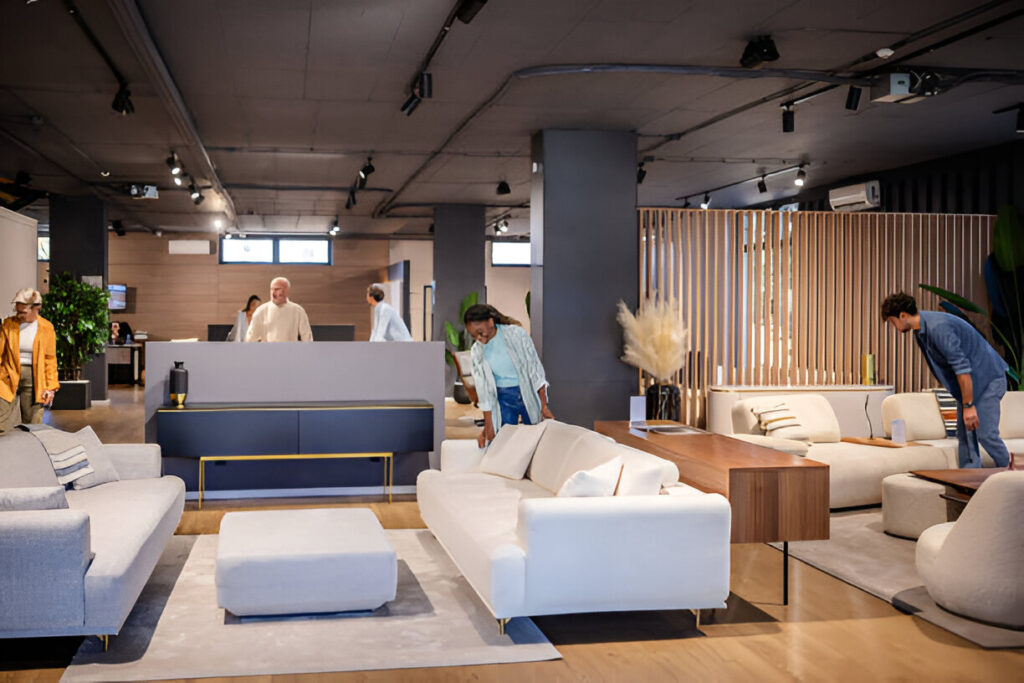Residential living for seniors has evolved far beyond the stereotypical image of quiet, clinical spaces with limited activities. Today’s seniors are more informed, active, and discerning. They’re seeking not just a place to live, but a community that enhances their quality of life. Understanding what modern seniors want from residential care is key to ensuring their happiness, health, and wellbeing.
Contents
A Sense of Community
One of the top priorities for older adults is social connection. Isolation is a common concern for seniors living alone, so today’s residential care homes strive to foster a strong sense of community. Group activities, shared dining spaces, and common lounges encourage daily interaction. Many facilities even organize hobby clubs, movie nights, and excursions to help residents form meaningful friendships.
Comfort and Independence
Seniors today value their independence. While they may need assistance with certain tasks, they still want to maintain control over their daily lives. Modern care homes provide support without stripping away autonomy. Private rooms or apartments with en-suite bathrooms, personal furniture, and freedom of choice in daily routines allow seniors to feel at home rather than institutionalized.
Access to High-Quality Healthcare
Health and safety are non-negotiable in residential care. Seniors expect prompt medical attention, easy access to general practitioners and specialists, and a well-trained staff capable of responding to emergencies. On-site physiotherapy, medication management, and wellness programs are becoming more common, reflecting the demand for integrated healthcare services within the home.
Specialized Memory Care
As life expectancy rises, the need for specialized dementia and Alzheimer’s care is growing. Families want reassurance that their loved ones will be wellsupported if cognitive decline becomes a factor. Homes offering tailored support in secure environments are increasingly sought after. For example, those looking for expert memory care can explore dementia care services at Oakdale Care Home, which are designed to meet the complex needs of individuals with dementia while promoting dignity and comfort.
Engaging Environments and Activities
Gone are the days when bingo was the highlight of the week. Seniors today are interested in creative, physical, and mentally stimulating pursuits. Art classes, yoga, gardening, cooking workshops, and tech tutorials are now part of the daily offering in many care homes. Access to outdoor spaces, whether for walking, birdwatching, or simply enjoying the fresh air, is also a significant draw.
Nutritious, Personalized Meals
Food is more than fuel—it’s a daily pleasure. Seniors now expect high-quality, nutritious meals that cater to their dietary needs and preferences. Some care homes allow residents to have a say in meal planning or even participate in the cooking process. Dining options that offer both variety and cultural sensitivity are highly appreciated.
Transparent Communication and Family Involvement
Finally, families play a central role in the decision-making process. Transparent communication from the care home, regular updates, and opportunities for family members to visit, participate in activities, or join care planning meetings all contribute to a sense of trust and involvement.
In short, residential living for seniors has shifted toward a model that respects independence, fosters engagement, and provides personalized care. Today’s seniors want more than a safe place to live—they want a fulfilling, connected, and comfortable life.



